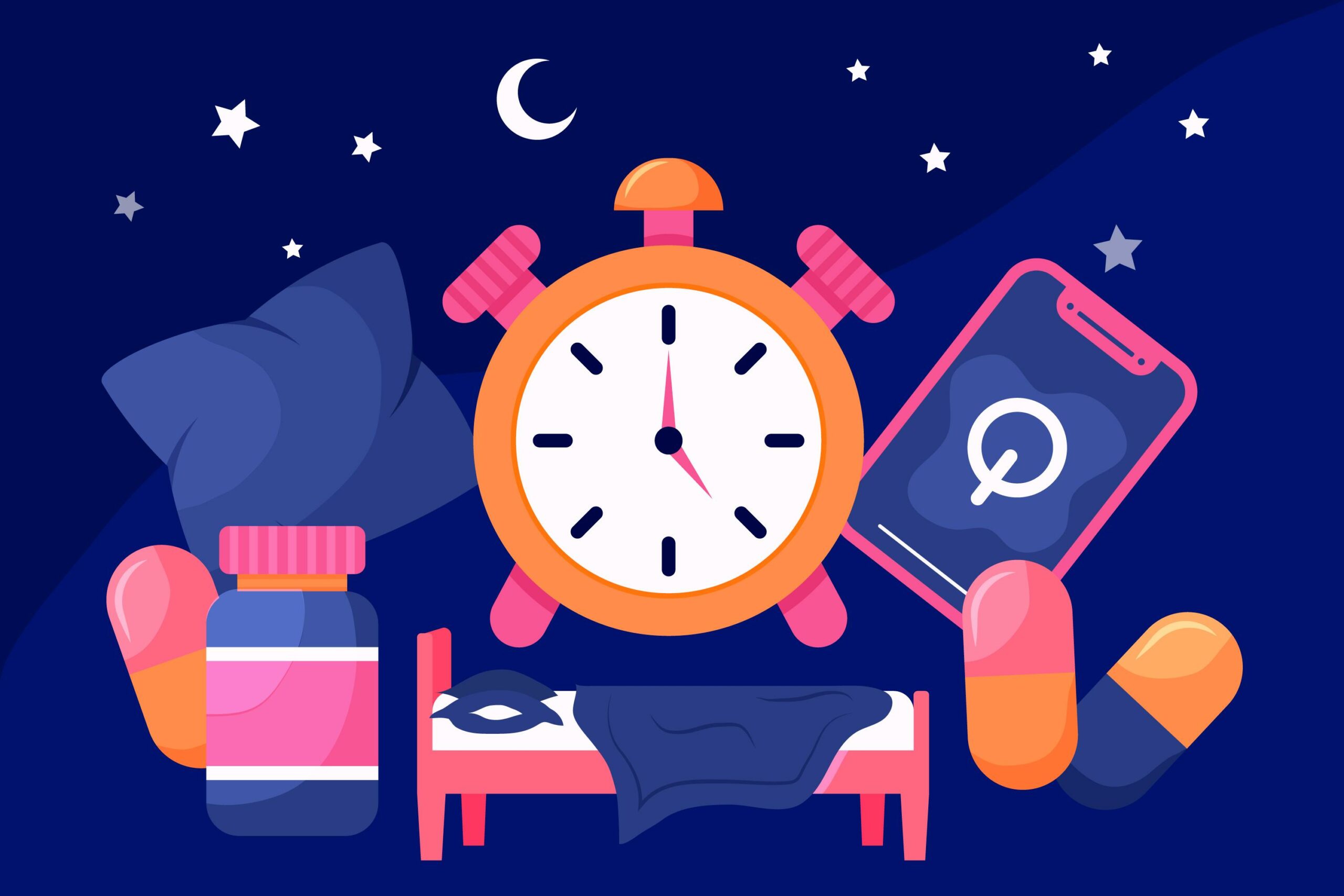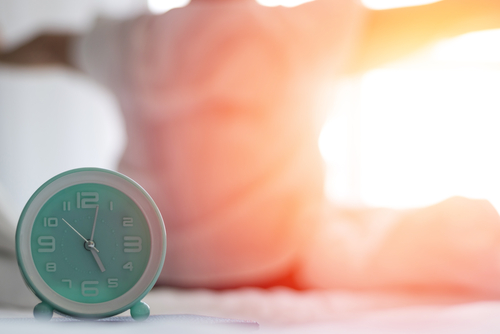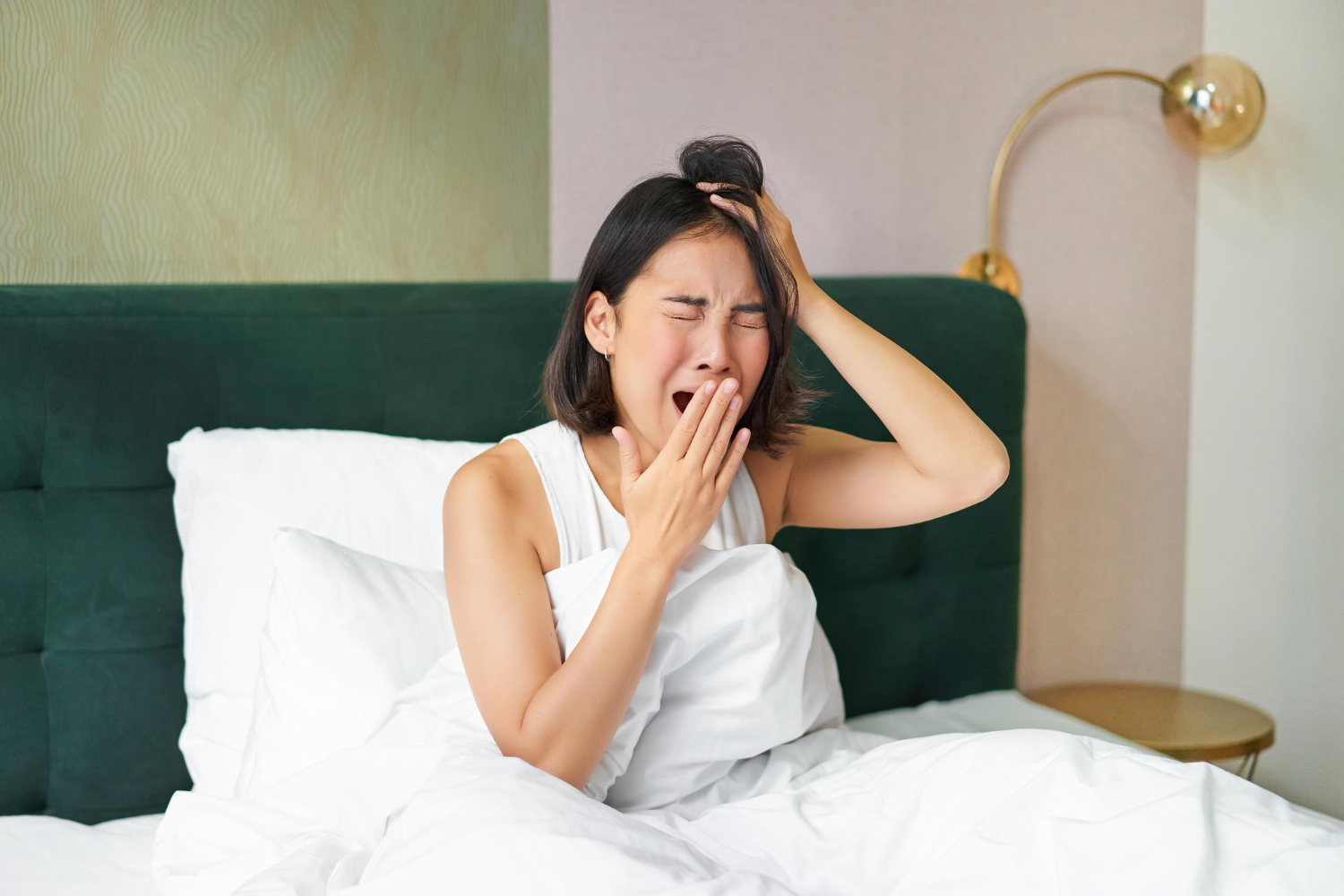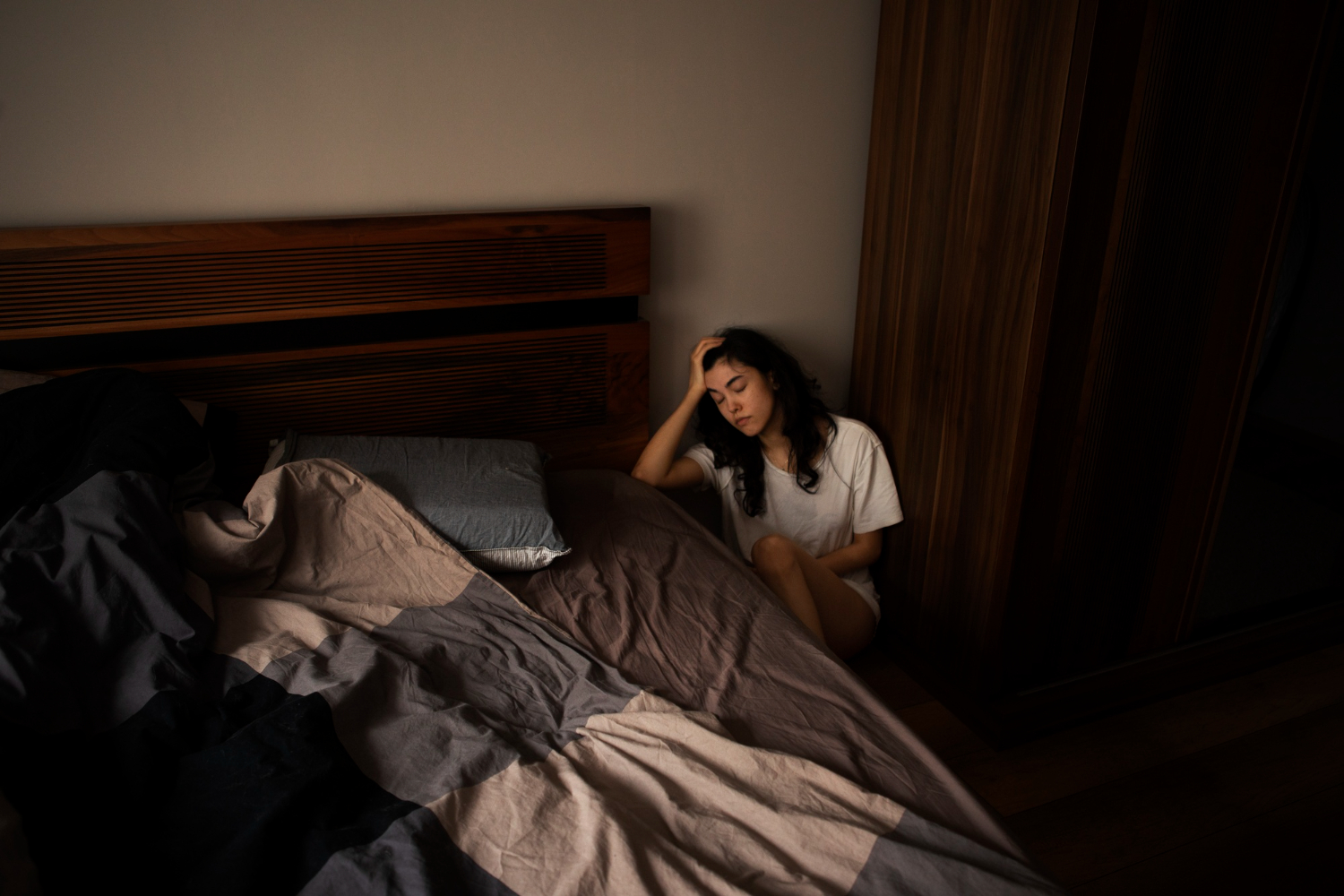Everything You Ever Wanted to Know About the Circadian Rhythm (but Didn’t Know You Needed to Ask)

The morbidly bleak phrase “you can sleep when you’re dead” is disturbingly popular in today’s world. Unfortunately, for many people who follow that philosophy, their eternal slumber will likely come sooner rather than later. The more you ignore your body’s need to follow its own circadian rhythm, the more quickly and painfully your health will deteriorate over time. And that’s not just us saying so – that’s science.
If you really care about your health and wellness, you have to do more than get your body accustomed to a healthy sleep schedule. You have to find a way to optimize your circadian rhythm. There are several different factors which contribute to a healthy daily cycle – including exercise, meal timing, light exposure, and more. If you can manage to balance them all in just the right way, you too can enjoy the health and wellness benefits of a natural circadian rhythm.
What Is the Circadian Rhythm?
The word “circadian” is a Latin portmanteau which, when loosely translated, means “at about the same time each day”. Contrary to what you may have read on the subject already, the circadian rhythm is not just about when you wake up in the morning and when you go to bed at night. It’s about the regular routine that you – and almost every other living organism on the earth, for that matter – perform on a daily basis.
The circadian rhythm is a combination of both what you do in a day, and when you do it. If you can time your daily activities just right, you can fine tune your circadian rhythm for optimal health and wellness. But in order to do that, you have to listen to your body and figure out what is influencing your particular rhythm. Once you have that information, you can empower yourself to make changes that increase your quality of life as well as the amount of years you will have to live it.
What Influences The Circadian Rhythm?
There are many different things which influence your circadian rhythm. The type of light you are exposed to during the day (and night), your diet, your sleep, your exercise patterns, and everything in between all contribute to the health of your daily ebb and flow. By far, however, the three most important ones – the ones you need to focus on optimizing the most – are your quality of sleep, your meal timing, and your exercise routine.
For starters, let’s talk about sleep. Your sleep-wake cycle is the master clock which controls all of the other minor clocks in your body. According to the latest scientific research, the human body starts to produce higher levels of melatonin around 9 p.M., And starts to wind down melatonin secretion between 7:00 and 8:00 AM the next morning. The more easily you can conform your sleep schedule to those hours, the easier it will be for you to optimize your circadian rhythm.
Getting back to the clock analogy, let’s take a moment to talk about one of the most important “minor” clocks in your system: the one that belongs to your liver. Your liver has its own minor clock which tells it when to burn calories for energy, and when to store those calories as fat. This revelation means that even if you go out of your way to make the healthiest possible food choices, you could end up expanding your waistline by eating those foods at the wrong time of day.

The right time of day to eat the majority of your calories is in the early morning hours. You can still eat lunch and dinner, just make sure that the caloric content of your meals gets progressively smaller as you get closer to bedtime. That way, more of the energy you consume will go towards fueling your body and less of it will be stored as fat (which can leave you vulnerable to diseases such as type 2 diabetes, metabolic syndrome, and more).
With regard to exercise, it turns out that your muscles have their own little minor circadian clocks, too. But it’s hard to pin down a recommended time to exercise because these clocks have an extremely high variance threshold from one person to the next. The general consensus is that optimal anaerobic performance peaks in the early afternoon hours and tapers off from there. You can use this information as a good starting point. If afternoon workouts don’t work for you, try experimenting and exercising at different times during the day in order to figure out where and when to squeeze in your best workouts.
How to Get Your Circadian Rhythm Back on Track
So now we know that the circadian rhythm is the interconnectedness of all of the major and minor internal body clocks which regulate sleep, digestion, metabolism, and cognitive function. Unfortunately, for most of us, our circadian rhythms are way off – and it’s making us sick. But if you can get all of these clocks to work together like a well-rehearsed orchestra, you can create a beautiful symphony of health and wellness in your life.
If you think your circadian clock is off, there are three simple changes you can make to try and get it back on track:
- Eat the majority of your calories earlier in the day to give your liver clock time to reset itself at night
- Since your muscles will clock out in the mid-to-late afternoon hours, be sure to squeeze in your workouts right before then for the best results
- It is essential to get between 7-10 hours of uninterrupted sleep each night in order to keep your master circadian clock operating at an optimal rhythm
If you really want to get back in touch with your circadian rhythm, then you need to do everything in your power to make sure you wake up with the sun, and go to bed at night. If you’re having trouble getting to sleep at an appropriate time, then you’re going to need a little extra help from mother nature in order to get your body ready for rest. There are plenty of natural herbal sleep supplements out there which can help you relax and put you at ease before your head hits the pillow. We hope you find one that you like, and we hope the information you’ve learned so far will help you optimize your circadian rhythm health.



